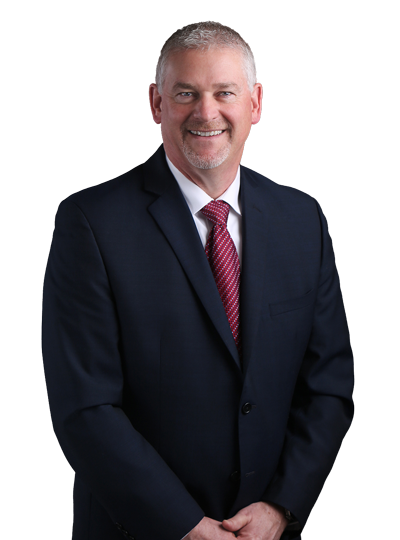
Todd-Wadena Electric Cooperative and other rural electric cooperatives across our state share a common goal of providing safe, reliable, and affordable power for our members. We have a long history of coming together to serve people in rural communities. Over the years, cooperatives have adapted our business practices to continue providing reliable and affordable energy – even though the industry is changing at a rapid pace.
Current legislation could force utilities to change at an even faster pace. Cooperatives are joining forces to voice concern about this legislation. On January 5, the Minnesota Legislature proposed a bill to transition all electricity sold in the state to be carbon free by 2040. The bill included interim goals along the road to 2040 including 80% by 2030 and 90% by 2035. This bill also included an increase to the renewable energy standard (RES) of 55% by 2035. The bill only provided off-ramps (exceptions) by having the Public Utilities Commission (PUC) review a filing. It is then up to the PUC to approve.
We have many concerns regarding this bill. To be 100% carbon free by 2040 is a very aggressive timeline and a decade faster than many other states. We are concerned that without proper planning, this aggressive goal will make it difficult to continue to provide reliable and affordable energy to our members. Minnesotans are already experiencing rising costs of goods and services throughout the economy. Developing new renewable generation facilities, equipment, and infrastructure to support carbon free energy will take significant time and money. Forcing premature energy resource decisions through mandates, as is the case in the proposed legislation, will only drive costs up further.
Midcontinent Independent System Operator (MISO) recently issued warnings about potential energy shortfalls during extreme weather in the Midwest. These warnings extend year-round for the next several years. In fact, on December 23rd, 2022, MISO declared a maximum generation emergency event to maintain the reliability of the electric system. These maximum generation events are warnings that the system is nearing a point where rotating power outages may be required. This is predicted to happen more frequently in the coming years. We are concerned that mandated carbon free power will exacerbate this concern.
Minnesota’s rural electric cooperatives, along with the Minnesota Rural Electric Association (MREA) and Great River Energy (GRE), are coming together to make our voices heard. Legislators need to understand the concerns of reliability and affordability – that’s what matters to us and our members. Through a joint effort, we were able to achieve a few beneficial changes to the final bill package. Although this is a great start, there is still a long way to go. The amendments to the bill include:
- Allowing a single renewable energy credit (REC) to be used for both complying with the renewable energy standard (RES) and complying with the carbon free standards.
- Allowing the carbon free portion of a carbon emitting generation resource to count towards compliance with the carbon free standards. This would apply most clearly to carbon capture generation. In this case, 80% of the megawatt hours from a coal plant with 80% carbon capture would be considered carbon free, dramatically reducing the number of RECs needed to comply with the carbon free standards. This provision would also encompass gas generation with green or purple (nuclear) hydrogen fuel blends.
- Allowing the carbon free portion of ISO market (or sub-market) energy purchases to count towards compliance with the carbon free standards. The carbon free portion would be based on the ISO’s annual average fuel mix.
- Directing the PUC to consider electrification as a basis for moderating the carbon free standards in any “off-ramp” proceedings.
- Reducing the 2030 carbon free milestone standard from 80% carbon free energy generation to 60%. Investor-owned utilities are not included in this provision, and will need to meet the 80% level.
- Plus, large hydro power stays within the legislation to be counted toward RES and carbon free generation.
While these amendments were a baby step in the right direction, only these five of many proposed amendments were accepted. As this article goes to press, the bill will go to the Senate. However, with a DFL controlled Senate, it is likely they will agree with the House and the bill will pass. This will put pressure on our industry. Minnesota cooperatives, along with GRE, will have to do the best we can in light of this legislation. We are committed to continuing to try to provide our members with affordable and reliable energy.
